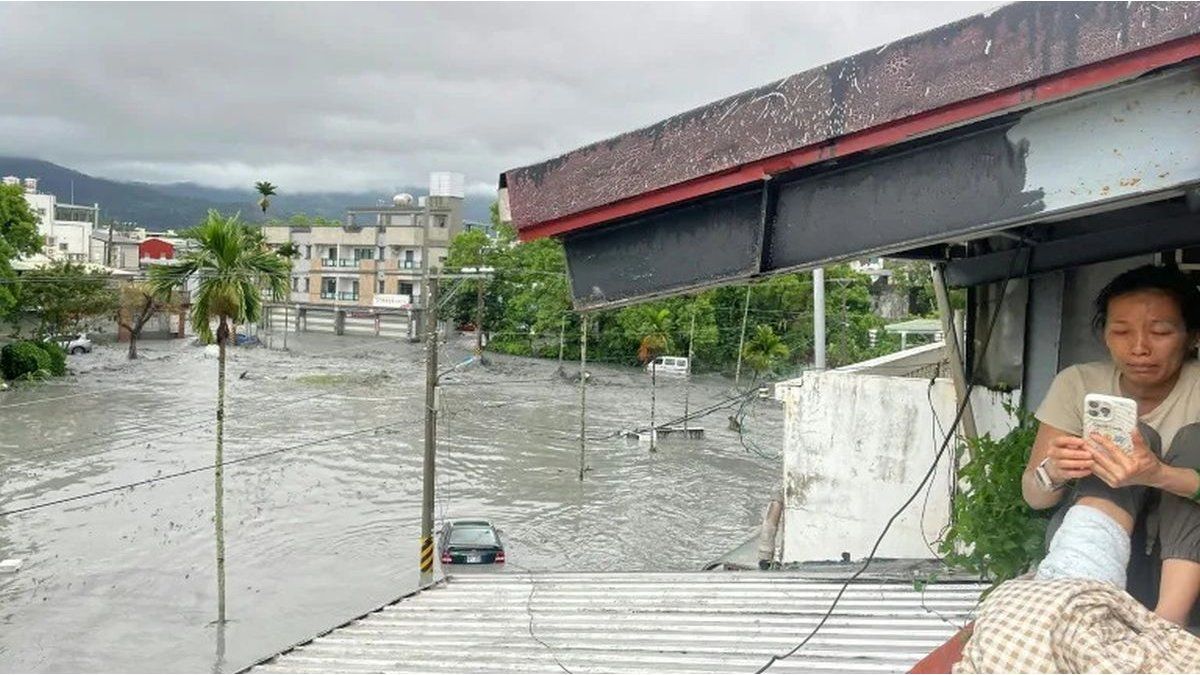On the opposition side, meanwhile, is the Magellan deputy and former student leader Gabriel Boric of the left-wing alliance I Approve Dignidad, the former Senate president Yasna Provoste by the center-left coalition and heir to the Concertación, Nuevo Pacto Social; the candidate of the Progressive Party and member of the Puebla Group, Marco Enriquez-Ominami, and the university professor Eduardo Artés from Unión Patriótica, another left-wing party.
According to the polls, the candidates considered by many Chileans as the extremes arrive as favorites: Boric representing the left and Kast for the more openly Pinochetist right.
For Marcelo Mella Polanco, political scientist at the University of Santiago de Chile, the country is experiencing “strong polarization both at the elite and civil society levels.”
“The voting intention data show that those candidates who represent the most radicalized, most polarized option in Chile, such as Kast and Boric, are the ones who have the best chance of going to the ballot” on December 19, he said in dialogue. with Télam.
Polanco argued that this radicalization is due to “attrition of the center-right and center-left parties, of the old Concertación and the Alianza por Chile, which were the two great coalitions of the transition, which ruled the country for almost three decades but at this point do not generate confidence or greater capacity for electoral mobilization. “
The electoral campaign was dominated by the same social tensions that went through the long series of elections in the last 12 months and that emerged as an explosion in 2019, with the social outbreak in which thousands of Chileans took to the streets to demand greater social, political and economic demands.
This social crisis put the government of Sebastián Piñera in check, which ended, together with the opposition, signing an agreement for Peace and a New Constitution, which gave rise to a unprecedented constituent process in Chile which became central to the political debate and paved the way for drafting a Magna Carta that no one today can foresee how it will be.
Despite this uncertainty but due to the popularity that accompanies this process, the presidential candidates have supported the work of the Constituent Convention as an institutional way of responding to the claims of Chileans that were demonstrated en masse in 2019 and then in last year’s referendum. .
The only exception is Kast, who rejects a new Constitution and he says he will work to maintain the current one, written in 1980 during the Augusto Pinochet dictatorship.
For Mella Polanco, “the mere existence of the Constituent Convention is an impulse, an endorsement for those candidacies and leaderships that are in favor and favorable to the transformations that the country demanded in the streets.”
The political scientist sees in the Constituent Assembly an organism that has an impact on this election “to the extent that it represents a space for the construction of a horizon for the country and a new political pact thought from a long-term perspective.”
Its existence, he continued, “favors those candidates who have shown explicit support for institutional change and the development of a new Constitution and, by default, could damage and limit the possibility of growth for the second round of Kast’s candidacy if is that this happens “.
However, the constituent process has not been the only protagonist of the campaign.
The agenda also focused on the debate on access to higher education, improving the salary of workers and pensions, as well as greater benefits to small and medium-sized entrepreneurs in the country, the management of the coronavirus pandemic and the political conflict, a reality that peaked this week with the approval of the opening of a political trial to Piñera in Congress for its appearance in the journalistic investigation Pandora Papers.
Added to this is the tension over issues such as the call migration crisis in the north: Boric asked to address it from the respect of human rights, while Kast proposed to create a ditch in the border area of Colchane to prevent the passage of immigrants.
For Mella Polanco “it is not easy to determine if it is the political offer in programmatic terms that generates the electoral mobilization or rather a reaction to an evaluation of which could be the candidate that generates less fear and uncertainty, let’s say the lesser evil.”
Chileans “are not going to be defined by endorsement of the (Government) programs, but rather by a vote that tends to eliminate a riskier scenario” because, according to their vision, the country “needs to discuss ideas and visions of medium long term”.
One of the data that will define the result will be participation.
Participation is expected to approach the levels of the 2020 plebiscite to start the constituent cycle, when 51.9% of the electoral roll turned out to vote, which made it the elections with the most voters in the entire history of Chile. However, this year the numbers fell.
For Mella Polanco, in the first round “it is likely that the election will have a higher than average level of participation”, but this will depend on the young people.
Source From: Ambito
David William is a talented author who has made a name for himself in the world of writing. He is a professional author who writes on a wide range of topics, from general interest to opinion news. David is currently working as a writer at 24 hours worlds where he brings his unique perspective and in-depth research to his articles, making them both informative and engaging.




